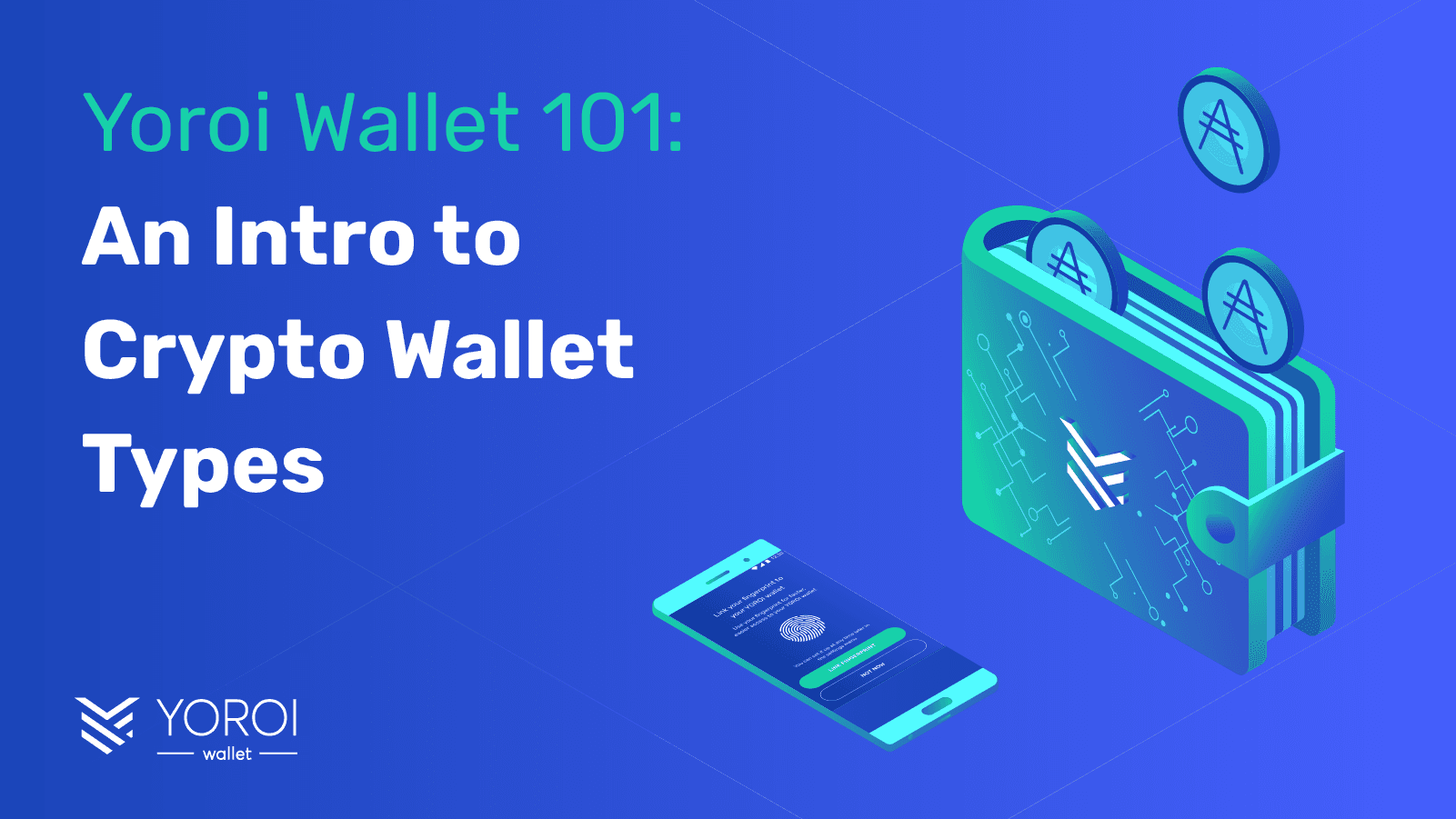A crypto wallet is one of the basic pillars of any blockchain.
It’s the gateway to that entire blockchain and the way its users can make cryptocurrency transactions.
Thus, understanding crypto wallets are crucial for users to use a blockchain effectively.
Crypto wallets come in many types with different characteristics.
The method of managing a crypto wallet’s private key is the best way to categorize its type.
In this blog, we will discuss the main crypto wallet types.
Custodial wallets
A custodial crypto wallet is where the private key is under the control of a third party.
This third party shares control of the cryptocurrencies with the user of the wallet because they store the private key in their systems.
The result is that they can move the assets without the permission of the user, or if their system is compromised, the cryptocurrencies can be stolen.
The most common type of custodial wallet is a crypto exchange wallet.
These exchanges hold the private key of their users who created an account on their servers.
The user doesn’t have complete control of their crypto assets, as the private key is what ultimately controls these cryptocurrencies.
Custodial wallets make sense when interacting with centralized services.
They are convenient especially for beginners because they are easy to sign up for and use, especially on a crypto exchange.
But because of the shared nature of the private key, these are never completely secure (an exchange can be hacked) and control over the assets ultimately belong to the third-party actor.
Non-custodial (Self-custody) wallets
1. Hardware wallet
A hardware wallet is where the private key is managed through an external USB-like device that connects to a user’s PC.
Stored offline in a location that should be known only to the user, the private key is cut off from the Internet (“cold wallet”) and considered to be in “cold storage.”
Hardware wallets such as Trezor and Ledger are considered to be secure devices as long as crypto wallet best practices are used.
If a user forgets or deletes their wallet, the wallet and its private key can be recovered using the seed phrase (recovery phrase).
2. Light wallet
A light wallet also stores its private key on the local device used upon creating the wallet, with full control residing with the user.
In contrast to a desktop wallet, a light wallet never downloads the entire ledger.
This allows for light wallets to quickly sync for transactions and connect with decentralized applications (dApps) on a particular blockchain.
Normally, light wallets are desktop browser-based or mobile-based.
Light wallets can also connect to the testnet version of the blockchain network. This way developers can test their dApps before deploying them to the main network.
Yoroi Wallet is an open-source Cardano light wallet and also Cardano’s first light wallet with desktop and mobile versions available.
Yoroi is used to automatically connect with the Cardano NFT marketplace Fibo to purchase Cardano NFTs.

Furthermore, light wallets like Yoroi can also connect to hardware wallets with private key control belonging to the user.
This way, the security of a hardware wallet is combined with the speed of a light wallet.
A non-custodial wallet is where the private key is stored on the user’s local machine upon creating the wallet.
Usually, these are created on PCs (desktops or notebooks) and the private key is stored there.
In this case, the private key is not shared with anyone besides the user.
3. Desktop Wallet
The desktop wallet is a program that runs on the user’s PC and can connect with a given blockchain over the Internet.
This gives the user a higher degree of control over the cryptocurrencies stored in the crypto wallet as the user has direct control over their private key.
These wallets interact with a blockchain by downloading a copy of its entire ledger history.
The process can be slow and cumbersome, plus a considerable portion of hard disk space is required to store a local copy of the blockchain
How to download Yoroi Wallet
Yoroi is an open-source Cardano community light wallet for ADA and ERG cryptocurrency users.
Yoroi allows users to easily store, send, and receive these cryptocurrencies through mobile app and desktop browser versions.
Yoroi also enables users to stake their ADA for rewards, vote for Cardano’s Project Catalyst, and more including automatically connecting Cardano NFT marketplace Fibo to mint and buy NFTs.
To download Yoroi Wallet, please visit the official links above and go here for basic wallet guidelines on how to get started.
About Yoroi Wallet
- Yoroi Twitter: @YoroiWallet
- Yoroi Homepage: https://yoroi-wallet.com/
- Yoroi Help Desk: https://emurgohelpdesk.zendesk.com/hc/en-us
About EMURGO
- Official Homepage: emurgo.io
- Twitter (Global): @EMURGO_io
- YouTube: EMURGO channel
- Discord: EMURGO Community
- Facebook: @EMURGO.io
- Instagram: @EMURGO_io
- LinkedIn: @EMURGO_io
About Fibo
- Fibo Homepage: https://fibo.art
- Fibo Twitter: @fiboNFT
- Fibo Discord: Fibo Community



